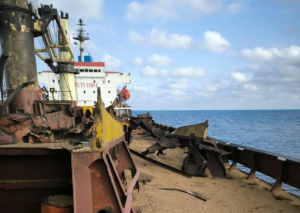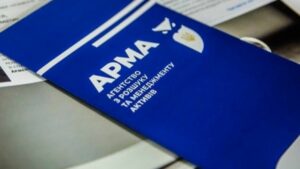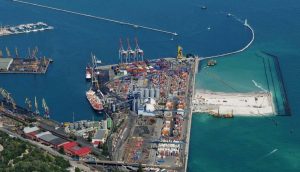Sale of arrested vessels: how the shipping market reacts to the work of ARMA
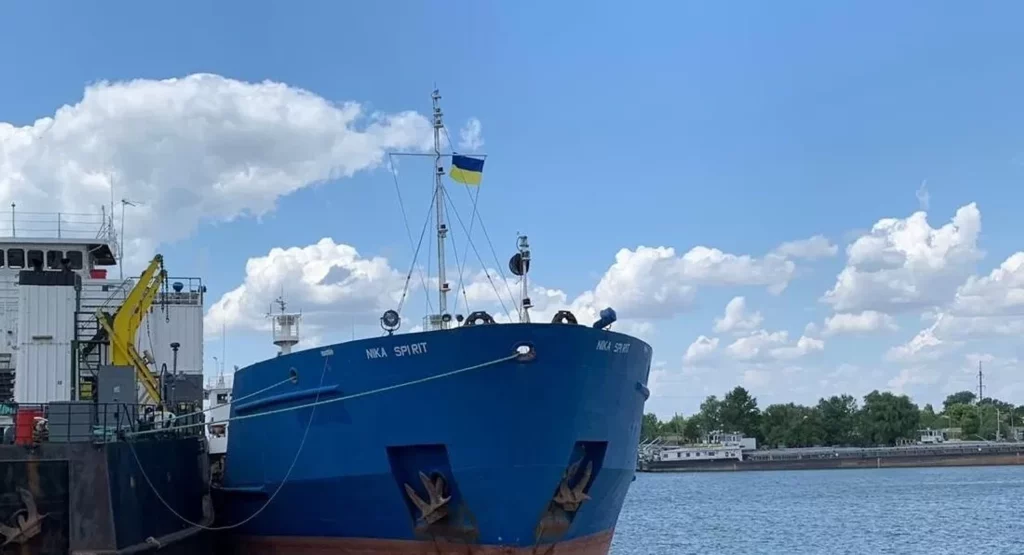
Since the beginning of the full-scale invasion, ARMA has been engaged in the sale and transfer to management of Russian vessels seized by Ukraine. At first glance, this initiative is critically important for the state, but many market players raise questions about how successfully the Agency is selling these assets. USM spoke with market players, lawyers and the Asset Tracking and Management Agency itself about the feasibility and technical aspects of managing seized property.
What ships are on the balance sheet of ARMA?
ARMA has existed since 2016, but the Agency actively began to deal with the transfer of control and sale of arrested Russian vessels precisely during the full-scale invasion.
In general, as ARMA said, in recent years, 13 vessels and 12 barges have come to the agency. However, criminal cases are being investigated against eight of these barges: some of them were seized by the Russian military in the Kherson port, another was damaged during the shelling of Ochakiv.
Let’s take a closer look. According to the decision of the Lychakiv District Court of Lviv dated April 27, 2022, the following vessels were transferred to the Agency for management measures:
- Rondo;
- Svir;
- Avangard;
- VolgoBalt 225;
- VolgoBalt 193;
- VolgoBalt 244;
- Omskiy 6;
- Naviger 2;
- Omskiy 132.
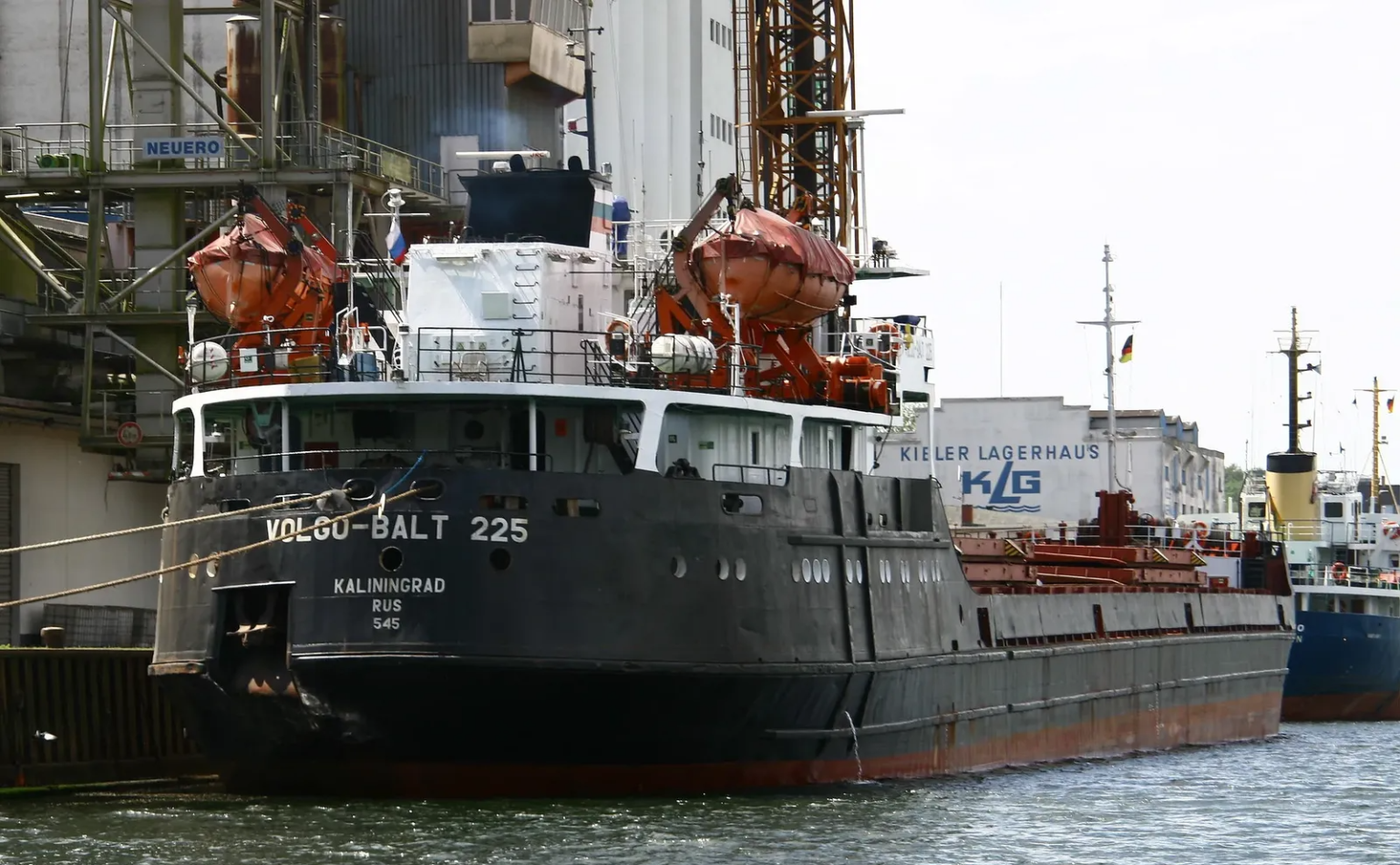
Last April 3, the Southern Department of ARMA received property from the Prosecutor General’s Office in accordance with an official order. After that, these vessels were transferred to the management of the private company Marinex.
Also, by the decision of the Pechersk District Court of Kyiv dated April 18, 2023, the vessel Emmakris III was transferred to the management of ARMA. Similarly, on April 3, 2025, the Southern Department of ARMA transferred this vessel to the Marinex company for management, in accordance with a previously concluded agreement.
By the decision of the Supreme Anti-Corruption Court dated November 12, 2020, ARMA received 12 barges (with names from BS-010 to BS-021) for management. We mentioned some of these barges above, in particular BS-015, BS-017, BS-010, BS-012, BS-019, BS-020, BS-021 and BS-016 — criminal cases are being investigated against them.
The other four barges — BS-011, BS-013, BS-014 and BS-018 — remain under the management of ARMA. Currently, tenders have been announced for Prozorro to transfer the management of barges BS-011 and BS-018, while the tenders for BS-013 and BS-014 did not take place due to the lack of applications.
In addition, from September 4, 2024, ARMA received two vessels under its management — Usko Mfu and Nika Spirit (formerly Neyma). The court granted permission not only to manage, but also to further sell both vessels.
Initially, the “Nika Spirit” was transferred to the management of the Kyiv River Port, and ARMA emphasized that thanks to this, more than 2 million UAH was received by the state budget. But later the management was terminated, because the vessel needed expensive repairs, and the costs exceeded its market value. In April 2025, the vessel was sold at auction for 6.4 million UAH – three times more than the starting price of the auction. The vessel “Volgoneft-268” (IMO 8230962) was transferred to the management of ARMA by court decision in 2022. ARMA tried to find a manager through public procurement, but the competition did not take place due to the lack of those willing to submit proposals.
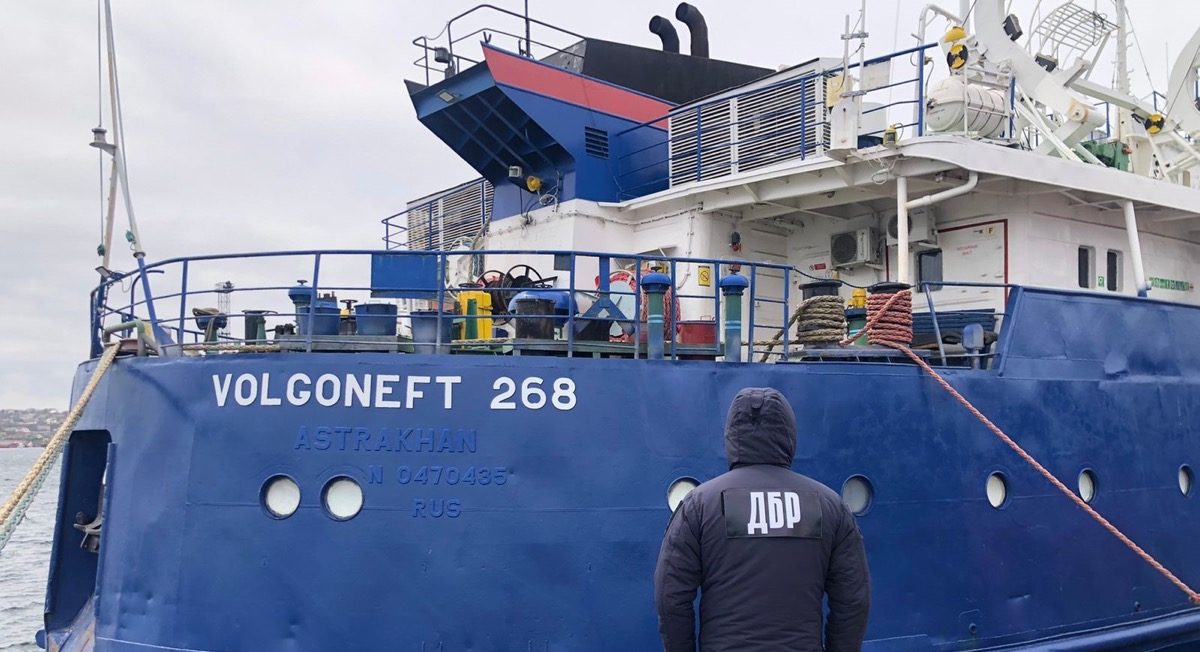
How did the market react?
In recent years, market players have been closely following the initiative, but have not shown enthusiasm, and in some places even criticized ARMA’s decision. In particular, the issue of the expediency of transferring ships to management rather than their sale was raised; the issue of asset pricing was also of concern. But the market showed the greatest reaction to the Agency’s message in April 2025, when ARMA called on the authorities to prevent the arrested ships from leaving Ukrainian waters.
Thus, business confirmed its main doubt about the initiative – currently the government does not have clear mechanisms to protect newly transferred ships from lawsuits by former shipowners.
As one of the major market players told USM on condition of anonymity, such a recommendation from ARMA is logical – “the ship will simply be arrested in the nearest foreign port” – but it also indicates that the Agency’s experts do not have the competence to manage such assets.
According to the market player, the most interesting asset was the panamax Emmakris III. However, he does not see any economic feasibility in this asset – in modern conditions, when the vessel is actually prohibited from leaving Ukrainian ports. In addition, the lack of information and open dialogue with the Agency regarding the assets in general deters business.
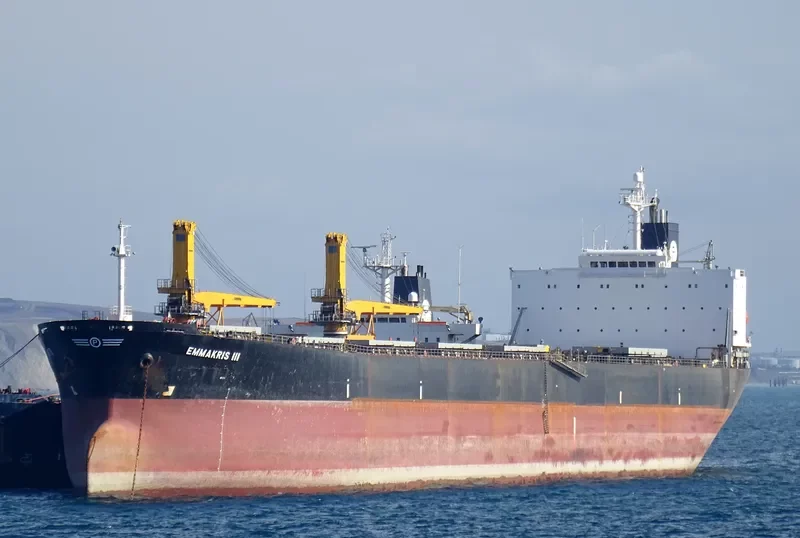
Instead, as the founder of MB Navigation S.A. Konstantin Sobol told USM, the most profitable thing that can be done with Emmakris III is to purchase it and send it for scrapping to India. However, according to the expert, several factors will prevent this. In particular, a potential lawsuit from the manager and the fact that the vessel has debts from the previous owner. There is also a problem with the requirements of ownership, since the ARMA procedure will not be able to confirm the transfer of ownership on the international market, and during the passage of the Bosphorus, the vessel will be immediately arrested.
“In the first year of the war, we considered the possibility of purchasing this vessel, but the problems with the asset outweighed the economic feasibility. At the same time, there is little work for this bulk carrier at the moment – Panamax vessels after 15 years of age are not really needed by the market. China does not accept vessels older than this age, but such assets are precisely intended for the “Southern Port – China” direction”, – noted Konstantin Sobol.
Sobol also reminded that the Emmakris III vessel requires not only significant investments and technical work, but also restoration of the class and documents.
“I do not see the economic feasibility of transferring such a vessel to management instead of its full sale. The vessel needs updated registry documents, and in order to restore these documents, investments are needed. In my opinion, you can only invest in your own property, and not in a monument that will simply stand idle in the port”, – noted Konstantin Sobol.
In general, the expert recalls that there was a trend in the market when agricultural companies tried to acquire their own fleet to transport their cargo, so at the beginning of the war Emmakris III could be interesting for business, but the problems with the vessel outweigh the benefits from it.
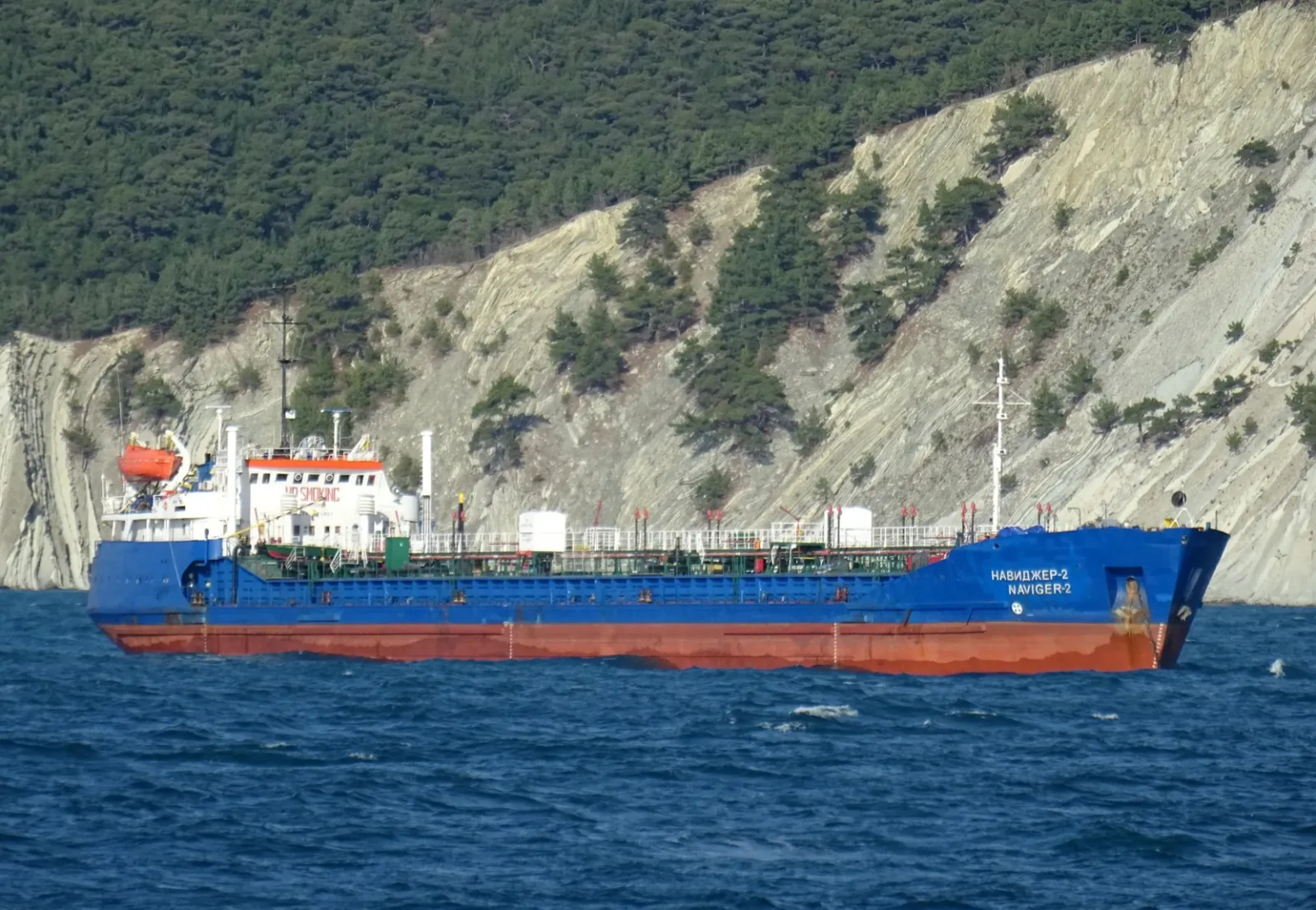
“The same problems apply to tankers that are trying to be sold in ARMA. Currently, this looks like a proposal with not zero, but negative economic feasibility,” the expert summarized.
It should be noted that the market itself assesses the initiative to fill the country’s budget through the sale of sanctioned vessels positively. As noted by Pavlo Linnyk, CEO of the logistics company GOL, the situation with the Emmakris III vessel indicates the need for clear coordination between various state bodies, such as the Security Service of Ukraine, the National Police, the State Border Guard Service, the USPA, and the State Enterprise “Chornomorsk Port Port”.
“From a logistics point of view, it is important that the arrested vessels do not stand idle, blocking berths and other port resources. Instead, it is necessary to introduce effective mechanisms for their implementation through relevant court decisions, which will allow not only to free up port capacity, but also to ensure revenues to the state budget,” — Pavlo Lynnyk.
Dmytro Kazanin, owner and director of the transport and logistics company TEUS, also believes that it is necessary to create a transparent mechanism for sale or transfer to management with clear state and international guarantees.
“Strengthening control over the arrested Russian ships is an absolutely correct and strategic step. Ukraine must use all available tools to compensate for the losses caused by the war, in particular through the effective management of such assets. However, in order for these ships to truly work for the budget and not turn into “dead cargo”, it is necessary to create a transparent mechanism for sale or transfer to management with clear state and international guarantees. This is, first of all, about protection from possible arrests in other jurisdictions and claims from third parties,” Kazanin notes.
According to the founder of TEUS, without such guarantees, any economic activity involving such assets carries risks – both for business and for Ukraine’s reputation as a legal state.
“I support the ARMA initiative, but I call for the creation of a full-fledged, internationally verified model for managing such assets. This will not only unlock their economic value, but also lay the foundation for trust from international partners,” the businessman summed up.
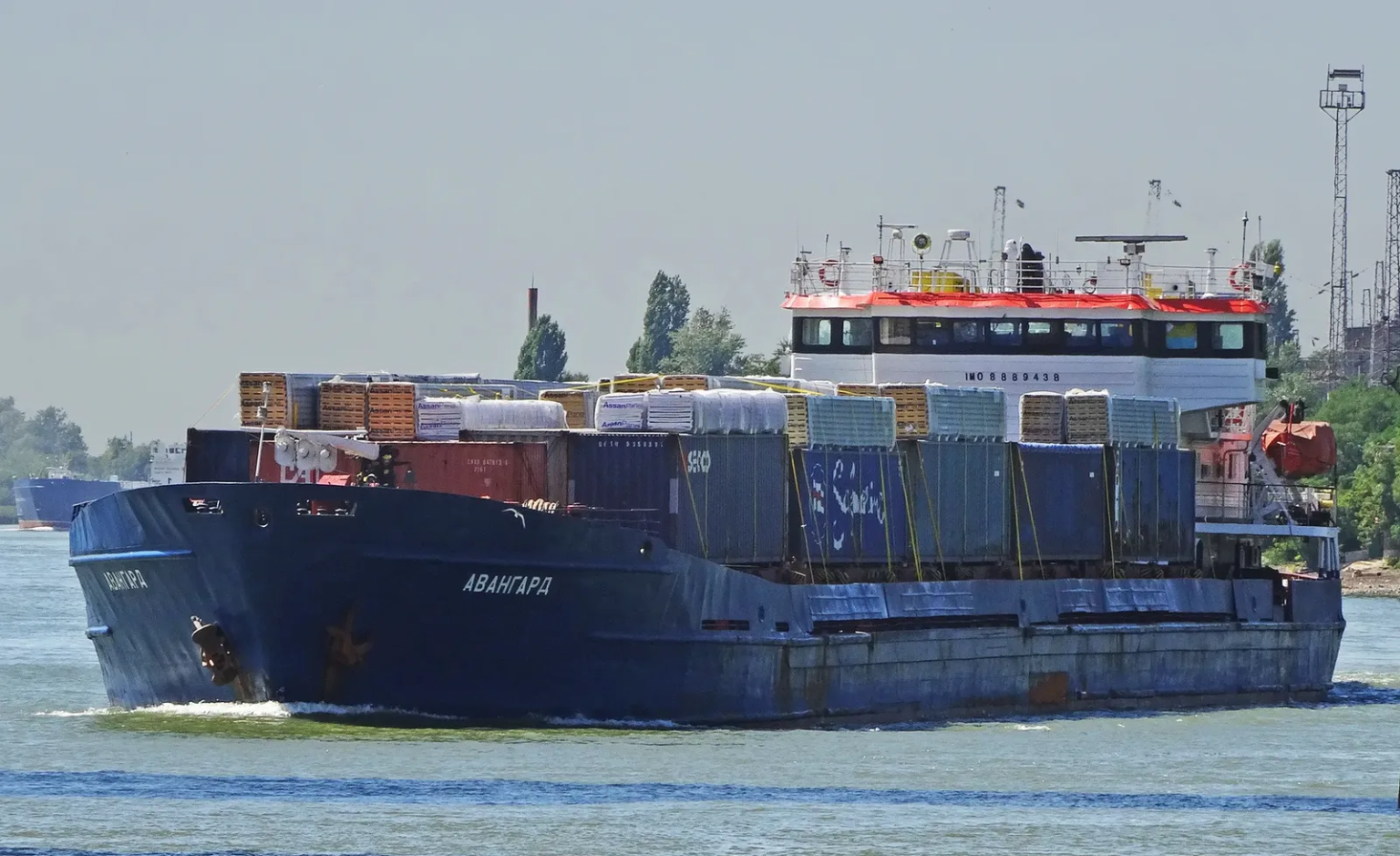
Legal issues
t seems that the cornerstone of the misunderstanding between business and the Agency is that currently the new owner of the assets seized by Ukraine does not have the tools to protect against the risk of being seized in the ports of third countries.
We turned to the law firm Interlegal to ask whether there is a possibility of finding tools of protection. As Dmytro Ochkolyas, a leading lawyer and attorney, told us, the issue of a possible seizure is complex and multifaceted.
“Yes, there is a risk. The previous owner may file a lawsuit in a court of a third country (especially a neutral or non-allied one) with a demand to seize the vessel. Why? The court of this country will decide whether to recognize the legality of Ukraine’s actions (seizure, transfer of ARMA, sale),” Ochkolyas noted.
According to him, this decision depends on the balance between:
• Respect for Ukraine’s actions as a sovereign state on its territory (principle of sovereignty, Act of State doctrine);
• Arguments of the previous owner about the violation of his rights – protection of property rights under international law, issues of due process. For example, the European Convention on Human Rights, the International Covenant on Civil and Political Rights, as well as customary international law, protect the right to property from arbitrary deprivation;
• Public policy and policy of the country of the forum itself.
The lawyer believes that if a third-country court refuses to recognize Ukrainian decisions (for example, deems them political, without due process by their standards, or contrary to their public order), it may satisfy the previous owner’s claim and seize the vessel.
“In allied countries, the risk is much lower,” the expert noted.
Dmytro Ochkolyas also commented on the advisability of transferring vessels to management instead of selling them. According to him, it is important to understand that ARMA receives assets that have been seized in criminal proceedings – these are not yet confiscated property, and ownership of them has not yet been finally transferred to the state. The sale of such an asset before the court’s verdict is possible only in exceptional cases:
• If the assets deteriorate rapidly;
• If the assets quickly lose their value;
• If the costs of storing or managing the assets are excessive and economically unjustified compared to their value.
The lawyer reminds that ships, especially large ones, require constant maintenance, insurance, and parking fees. Idleness leads to their physical wear and tear and loss of market value, and transfer to management (for example, to freight) allows you to cover maintenance costs and, possibly, generate income and keep the ship in working condition.
“Transfer of ships to ARMA management is a standard procedure for seized assets, provided for by law. Its main goal is to preserve the economic value of the asset until the final court decision is made. Sale before judgment is an exception that applies only if there are grounds specified by law (risk of damage, loss of value, excessive storage costs). Therefore, management, rather than immediate sale, is a reasonable choice from the point of view of legislation and economic logic in most cases of ship arrest,” Dmytro Ochkolyas summarized.
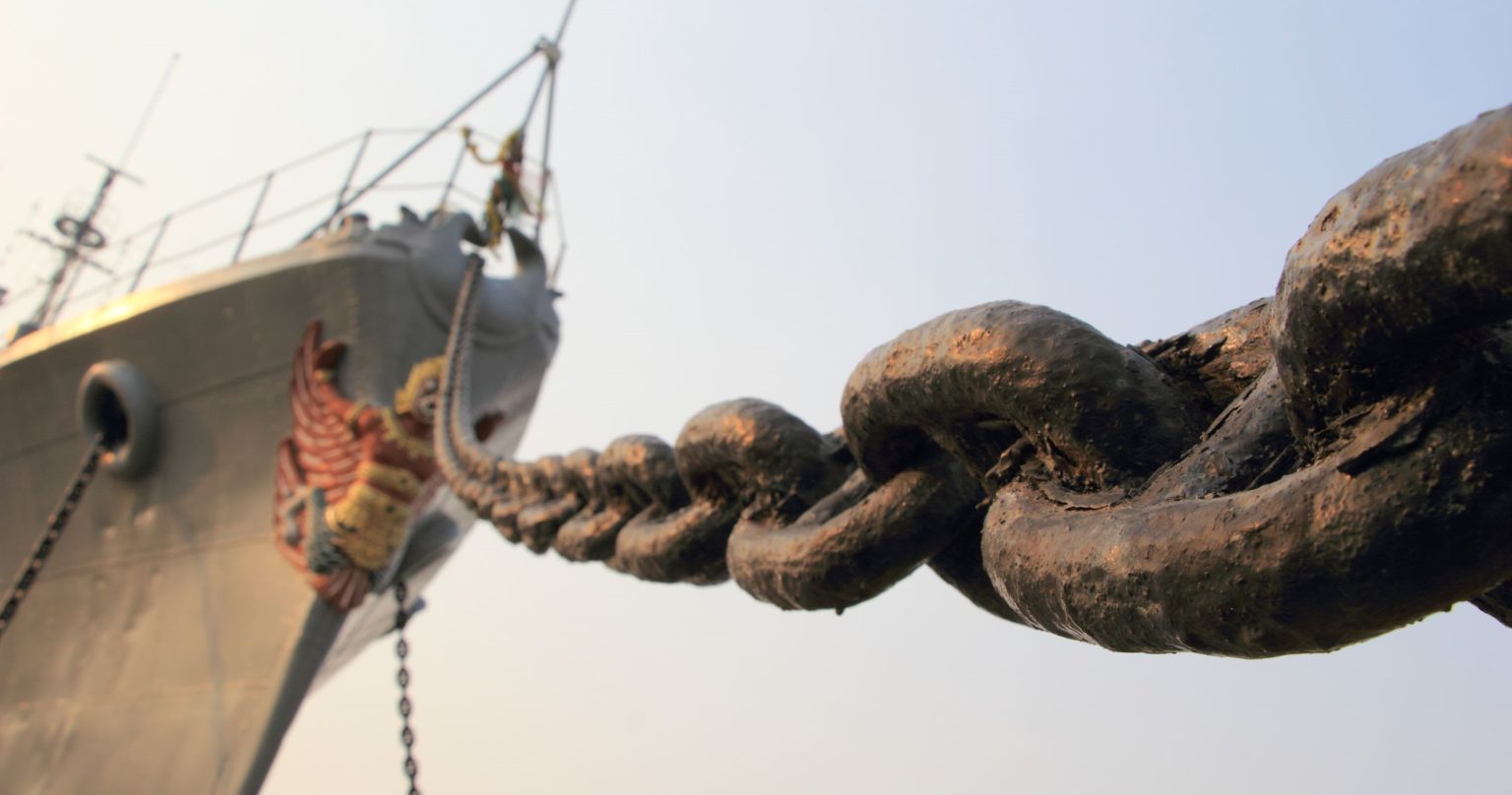
How does ARMA see the situation?
USM asked the Agency’s representatives for comments, in particular, asking whether ARMA provides advice on the management strategy for vessels transferred to management.
Yes, from the answers it became clear that ARMA assesses the situation and, if the maintenance or repair of the vessel costs more than the vessel itself, recommends not transferring it to management, but selling it. The Nika Spirit vessel is cited as an example. It was initially transferred to a private company for management, but later it turned out that it was old, unfit for registration and needed expensive repairs. Because of this, management was terminated, and ARMA suggested that prosecutors apply to the court to allow its sale instead of management. The court made such a decision.
ARMA believes that selling vessels is a more effective option, because old vessels suffer from downtime, and maintaining them is expensive. In addition, in wartime conditions they can be destroyed. Therefore, when maintenance costs exceed the value of the vessel, ARMA initiates a change in the method of management through the court.
Separately, we also raised the issue of indicators according to which the primary price for such assets is formed. In order to guarantee the receipt of funds to the state budget, ARMA prescribes in asset management contracts the minimum amount that the manager is obliged to transfer to the state every month — even if the asset has not earned anything. If the actual income is less than this amount, the manager must pay the difference from his own money or from his own remuneration. Thus, the state will still receive a guaranteed payment.
To determine this minimum payment, ARMA says that they can conduct market consultations and analyze the situation — for example, using methods for leasing state property or calculating the cost of purchases.
The Agency also noted that the starting price of seized property sold at electronic auctions is determined based on a report on its market value. Such a report must not be older than 6 months, is conducted in accordance with the law, and the organizer of the auction is responsible for this assessment.
“ARMA will continue to deal with issues that it previously initiated before the NSDC, since it is the sale of such ships that will bring more revenue to the state budget and will guarantee their non-return to the Russian Federation,” ARMA summarized for us.
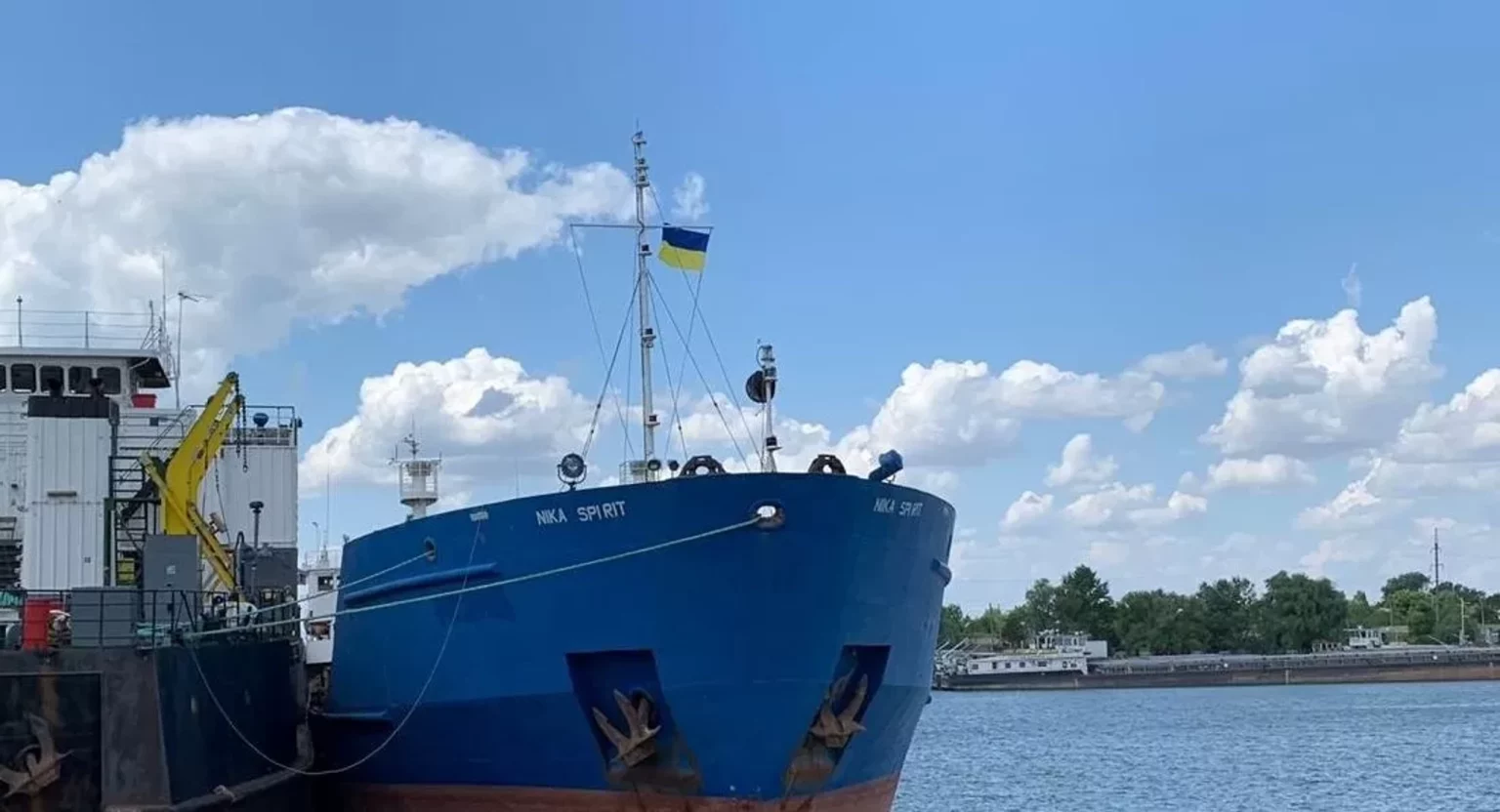
Despite a number of unresolved issues, ARMA’s initiative to manage and sell seized Russian ships remains an important tool in the legal and economic struggle during the war. After all, given the chaos and uncertainty of the modern world, it is unknown whether Russia will bear at least some financial responsibility in the form of reparations after the war.
However, in order to fully realize this potential, the initiative requires significant improvements: clear interdepartmental procedures, guarantees for business, and internationally recognized mechanisms for protecting rights to such assets.
It would be good if ARMA and business could build an open dialogue and jointly resolve the issues raised, since both sides are equally interested in the prosperity of Ukraine and compensation from the Russian Federation.

